Get your free copy of 'Live Green'
Donate today
Want to live more sustainably?
For a limited time only, everyone who donates to projects that prevent climate disasters will receive a FREE copy of Live Green.
Inside, you’ll find 52 great ways to be more sustainable in your own community, from rewilding your garden to using white vinegar to disinfect your surfaces.
Donate now to support communities, fight the effects of the climate crisis and live sustainably.
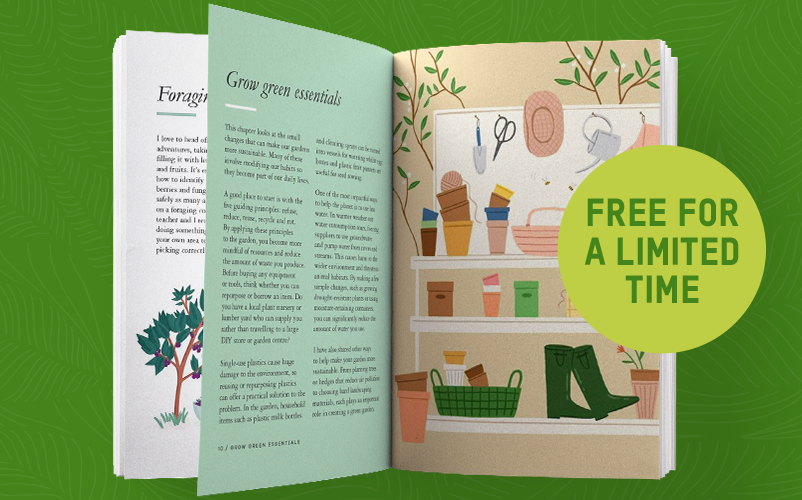
Magda’s fighting to protect her village from climate change. Will you act with her?
Magda Riang Hepat is a project manager for the Foundation for Social Studies and Development (YPPS) in Indonesia. YPPS are local champions for sustainable farming. It’s never been more needed.
Magda says, “In recent years, we have all seen the alarming effects of climate change taking shape sooner than anyone predicted. Your country had its first drought in decades. But in my village, drought threatens lives and livelihoods every summer. Summers which are growing hotter and more devastating.”
Now Magda’s taking action...
“We teach local women to manage agriculture with environmentally friendly concepts.”
"We focus on food security, so in this kind of climate, they can still survive." Magda is a project manager for the Foundation for Social Studies and Development in Indonesia. Image: Kyo Umareta/Oxfam
Free copy of Live Green
You can act with community leaders like Magda. Give now and – for a limited time only – get a FREE copy of the new book, 'Live Green'.
As a result, Magda’s neighbour Mama Paulina now farms climate-resistant sorghum, a resilient grain crop that can grow in hot areas with little rainfall. Growing sorghum means she’s no longer at risk of running out of food.
“From these taught methods, which are developed in gardens and yards, women can produce good quality organic crops that are varied and provide a balanced diet. The program also provided a change in mindset for the community, shifting cultivation from slash-and-burn to using organic garden waste for mulch to restore topsoil after it is destroyed.”
Your donation can support communities adapting to farming methods that protect the environment AND their incomes.
Please act with the community leaders – give now and for a limited time only, get a free book.
Magda introduces adaptive planting in Larantuka. Credit: Kyo Umareta/Oxfam
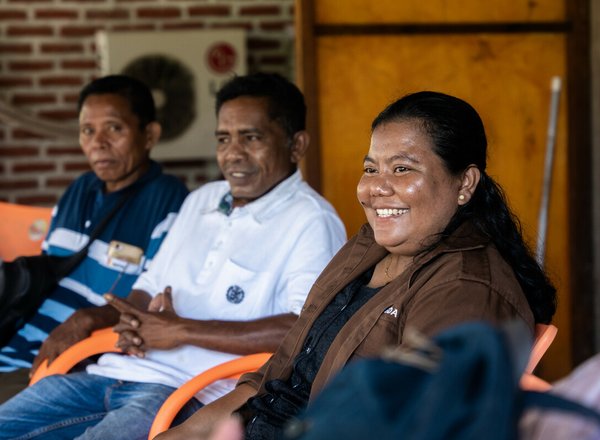
Support communities fighting the effects of the climate crisis and receive a free book.
Donate today
We focus on food security, so in this kind of climate, they can still survive.
Magda is a project manager for the Foundation for Social Studies and Development in Indonesia
Why are women more impacted by the climate crisis?
70% of people living in poverty are women.
Up to 80% of the world’s food is produced by women, but they own less than 10% of the land.
393 million tonnes worth of Carbon Dioxide emissions a year are produced by the actions of just 125 billionaires – equivalent to a country the size of France.
Safia's story
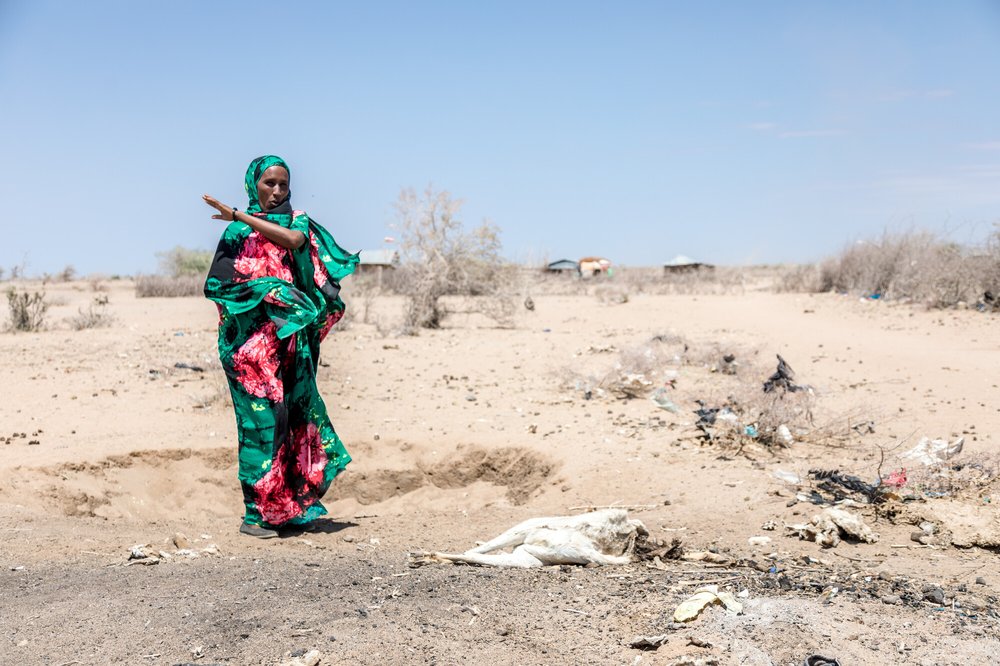
In Isiolo County, Kenya, Safia is an activist for climate justice. She’s working with Oxfam’s local partners to bring wells to her village, so that when the next drought comes, her community, livestock and land will be protected from
disaster.
By donating today, you could help Oxfam’s partners around the world not only build the wells, but amplify the voices and campaigns of climate activists who are leading change in their communities.
In exchange, you’ll get a free book packed with 52 tips on how to live sustainably, helping you do your bit for your community.
Loliwe Phiri/Oxfam
How your donations help fight climate change
Your gift of £10 could help provide sugarcane saplings and training to support projects that prevent flooding damage in Nepal.
Your gift of £20 could provide a family in Kenya affected by climate disaster with a vital cash transfer.
Your gift of £40 could support a study in Indonesia on sustainable agriculture to improve communities' food security.
How communities are fighting back
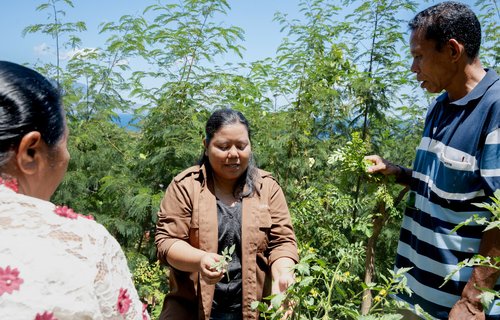
Driving Innovation
Next comes innovation. Your donation could help fund projects and training in how to adapt farming for floods and drought. These-female-led initiatives help people to protect their incomes by growing crops all year round.
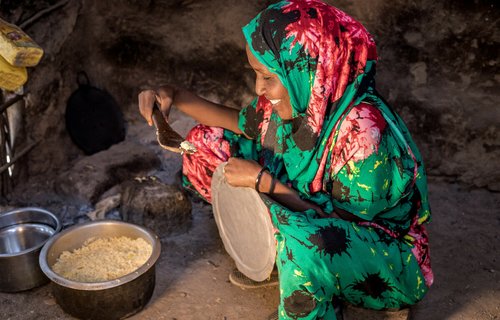
Building Resilience
Step one ensures people have what they need after climate disasters flood their homes or dry out their farmland with drought. With cash transfers, people can build back resilience after disasters, buying food, warm clothes for their children or whatever else they need.
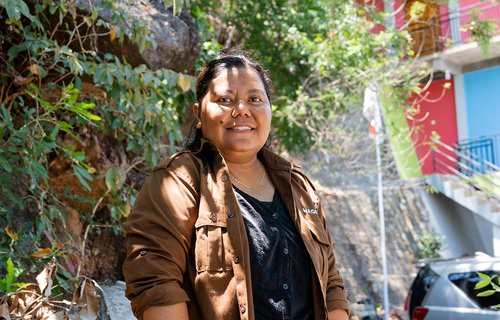
Fighting Climate effects
By uniting together, communities are training in sustainable farming. Like finding new ways to stop the destructive effects of typhoons by planting mangrove crops, or stopping flooding with fields of sugarcane. People won’t just change their lives. They’ll change the future. Be part of the change.
Oxfam acknowledges the support of the Australian Government through the Australian NGO Cooperation Program (ANCP).
